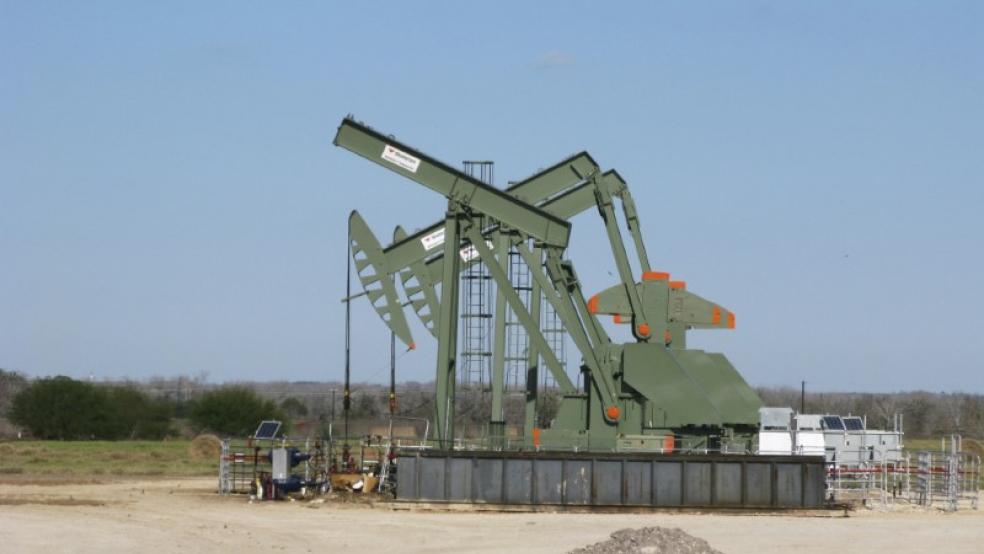OPEC has agreed its first limit on oil output since 2008, sources in the producer group told Reuters, with Saudi Arabia accepting "a big hit" on its production and agreeing to arch-rival Iran freezing output at pre-sanctions levels.
Brent crude futures jumped 8 percent to more than $50 a barrel after Riyadh signaled it had finally reached a compromise with Iran after insisting in recent weeks that Tehran fully participate in any cut.
The source said the Organization of the Petroleum Exporting Countries had on Wednesday agreed on a proposal by member Algeria to reduce production by around 4.5 percent, or about 1.2 million barrels per day.
Related: Oil Prices Are Creating a Goldilocks Scenario for the Global Economy
Saudi Arabia would contribute around 0.5 million bpd by reducing output to 10.06 million bpd, the source said, while Iran would freeze output at close to current levels of 3.797 million bpd and other members would also cut production.
The source added that OPEC had also suspended Indonesia from OPEC and hence the exact combined reduction was yet to be calculated. The meeting was still ongoing after around six hours of debate.
"OPEC has proved to the skeptics that it is not dead. The move will speed up market rebalancing and erosion of the global oil glut," said OPEC watcher Amrita Sen from Energy Aspects.
Before the meeting, Saudi Energy Minister Khalid al-Falih said OPEC was indeed focusing on significant cuts and hoped Russia and other non-OPEC producers would contribute a reduction of another 0.6 million bpd.
"It will mean that we (Saudi) take a big cut and a big hit from our current production and from our forecast for 2017," Falih said.
Clashes between Saudi Arabia and Iran have dominated many previous OPEC meetings.
But the tone changed on Wednesday with Iranian Oil Minister Bijan Zanganeh saying he was positive since Iran had not been asked to cut output.
He also said Russia was ready to reduce production.
"Moscow have agreed to reduce their production and cut after our decision," Zanganeh said.
NON-OPEC CONTRIBUTIONS
OPEC, which accounts for a third of global oil production, made a preliminary agreement in Algiers in September to cap output in an effort to prop up oil prices, which have halved since mid-2014.
OPEC said it would exempt Iran, Libya and Nigeria from cuts as their output has been crimped by unrest and sanctions.
The September deal was seen as a victory for Iran. Tehran has long argued it wants to raise production to regain market share lost under Western sanctions, when Saudi Arabia increased output.
Sources said that out of additional non-OPEC cuts of 0.6 million bpd, OPEC expected Russia to cut by 0.4 million. A Russian ministry source said the figure was "a bit excessive".
OPEC member Iraq has also been pressing for higher output limits, saying it needs more money to fight the militant group Islamic State.
Iran and Iraq together produce over 8 million bpd, only slightly behind long-time leader Saudi with 10.5 million bpd.
"If you get this deal done, it would be huge. You remove a lot of oil from the market and you get the Russian participation," said veteran OPEC watcher and founder of Pira consultancy Gary Ross.
Bob McNally, president of Washington-based consultancy Rapidan group, said on Twitter that compliance with cuts would be key: "In deals with Russia, OPEC is like (the late U.S.) President (Ronald) Reagan used to say: 'Trust but verify'."

